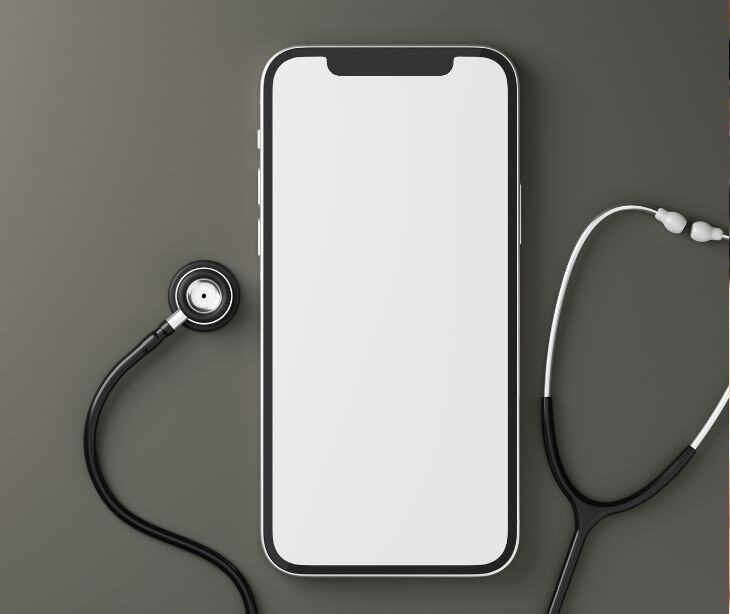
Text messaging is a convenient means of communication with patients, but dental professionals must understand HIPAA regulations to protect patient privacy and ensure compliance.
An overview of HIPAA and text messaging
The HIPAA Security and Privacy rules apply to all forms of electronic communication, including text messaging. Dental practices must ensure compliance with HIPAA rules when using text messaging for patient communication to safeguard patient privacy and maintain the security of protected health information (PHI).
Ensuring the security of text messages
To comply with HIPAA regulations, dental practices can implement appropriate security measures to protect the confidentiality and integrity of text messages containing PHI. Encryption is a security measure that scrambles the content of the message, making it unreadable to unauthorized individuals. Encryption ensures that only the sender and intended recipient can access the message.
Additionally, secure messaging platforms designed for healthcare communication can provide enhanced security features. These platforms incorporate encryption, secure login procedures, and safeguards against data breaches. You must also ensure that devices used for text messaging, such as smartphones, are password-protected to prevent unauthorized access in case of loss or theft.
Obtaining patient consent
Before engaging in text messaging with patients, you must obtain consent. Patients should be fully informed about the potential risks and benefits of using text messaging for communication, including the possibility of interception or unauthorized access to messages.
Dental practices should develop consent forms and obtain written consent from patients, clearly outlining the scope of communication and the purpose for which text messaging will be used. The consent form should address the specific information that may be shared via text message and emphasize the importance of keeping devices secure and passwords confidential.
Related: What is a Notice of Privacy Practices?
Limiting PHI in text messages
To maintain HIPAA compliance, limit the use of PHI in text messages to the minimum necessary. Dental professionals should avoid including detailed dental information unless it is essential for the specific purpose of the message. Instead, communicate general instructions, appointment reminders, or nonsensitive information through text messages.
If discussing sensitive information becomes necessary, switch to a more secure channel, such as a secure messaging platform or a HIPAA compliant email service.
Retention and documentation
Dental practices should maintain records of patient consent, the purpose of communication, and any relevant instructions or recommendations provided. Retain text message records according to HIPAA's retention requirements, which typically involve retaining records for a specified period. Implement a secure system for storing and archiving text message records that ensures confidentiality and integrity.
Handling misdirected messages
Despite precautions, misdirected messages may occur where a text message containing PHI is sent to the wrong recipient. In such cases, take immediate action to mitigate any potential risks. Dental practices should have protocols in place to address misdirected messages, including notifying the intended recipient and requesting the deletion of the message from the unintended recipient's device.
Document the incident to maintain an audit trail and conduct internal investigations. Conduct regular staff training on the proper handling of misdirected messages and the importance of reporting such incidents to ensure prompt and appropriate action.
Establishing policies and staff education
To ensure HIPAA compliance, dental practices should establish clear policies and procedures regarding text messaging. These policies should outline guidelines for staff members, including the proper use of text messaging, securing devices, and handling patient information.
Staff education ensures that all team members understand HIPAA rules and the potential risks associated with improper text messaging. Training should cover topics such as :
- Secure messaging practices
- Password management
- Recognizing potential security threats
- Reporting incidents promptly
Regularly review and update policies to align with changes in HIPAA regulations or advancements in secure messaging technology.
As dental practices use text messaging as a means of communication, they must understand and comply with HIPAA rules. Using appropriate security, obtaining patient consent, and limiting the use of PHI in text messages helps dental practices maintain HIPAA compliance.
Subscribe to Paubox Weekly
Every Friday we bring you the most important news from Paubox. Our aim is to make you smarter, faster.




